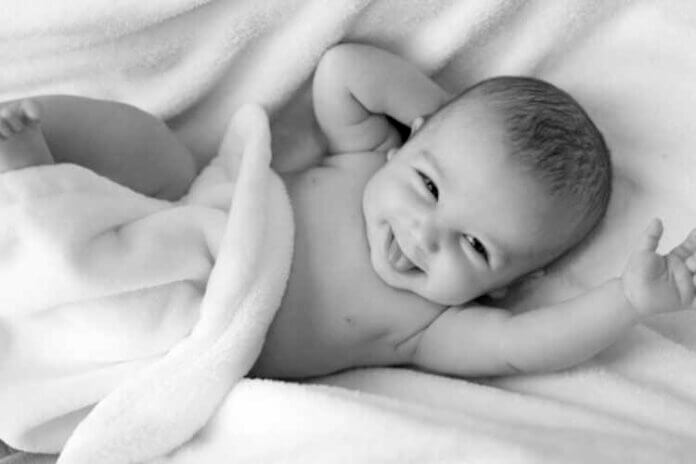
We’ve all heard that a newborn’s laughter is the sound of angels. But what about their distinctive hiccups? That sound can seem terrifying, especially if they cry.
The hiccups usually happen for a few different reasons in newborns, and it’s an opportunity for us to learn more about what’s happening inside them. Knowing why newborns get hiccups can help you to stop them.
You’ll also be able to put your worries at ease. Understanding them can give you strength.
If you’ve ever wondered, “why do newborns get hiccups”, keep reading to find out about these hiccups tips and how to take action when a newborn makes this sound.
Changes in the Baby’s Digestive System
The baby’s digestive system has not achieved full development and is still adjusting to the new environment. This can cause the baby’s stomach to contract and push air up through the esophagus, which leads to hiccups.
While hiccups are usually not harmful, they can be irritating for the baby and cause them to cry. If the hiccups persist for more than a few minutes, you can try these methods, and the hiccups cure to help them stop.
An Immature Nervous System
Newborns are prone to hiccups because their nervous system is still developing. The diaphragm, which is responsible for controlling breathing, is particularly immature in newborns. This can lead to involuntary spasms of the diaphragm, which in turn cause hiccups.
Have a Narrow Esophagus
When babies are born, their esophagus is narrower than it will be later in life. They have less developed muscles in their esophagus, which can lead to spasms and hiccups. They may have a reflex that causes them to hiccup when they swallow.
Swallowing Air
One of the most common reasons for a baby to get hiccups is from swallowing air. While feeding, a baby can take in a lot of air along with their milk. This can cause their stomach to expand and put pressure on their diaphragm.
The diaphragm is the muscle that separates the chest cavity from the abdomen and is responsible for helping the lungs expand when we inhale. When the stomach presses against the diaphragm, it can cause it to contract, leading to a hiccup.
Feeding Too Rapidly
When a baby is born, the stomach and digestive system are very small. They can only handle a small amount of milk at a time. If they eat too fast, they can get hiccups. This is because their stomach is unable to process the milk as quickly as they are taking it in.
Crying
Crying often causes hiccups because crying can lead to rapid and deep breathing. When you breathe in deeply and quickly, your diaphragm contracts and pushes up against your stomach. This can cause the stomach to push up against the esophagus, which can lead to hiccups.
So, Why Do Newborns Get Hiccups?
You now have the answer to the question “why do newborns get hiccups?”. Hiccups are a normal occurrence in newborns and are nothing to worry about. If your baby is having difficulty breathing or eating, or if the hiccups last for more than a few minutes, contact your pediatrician to get rid of hiccups.
Other than that, there is no need to be concerned. Just enjoy your new bundle of joy!
Did you like reading this? Learn more topics on our blog site.











